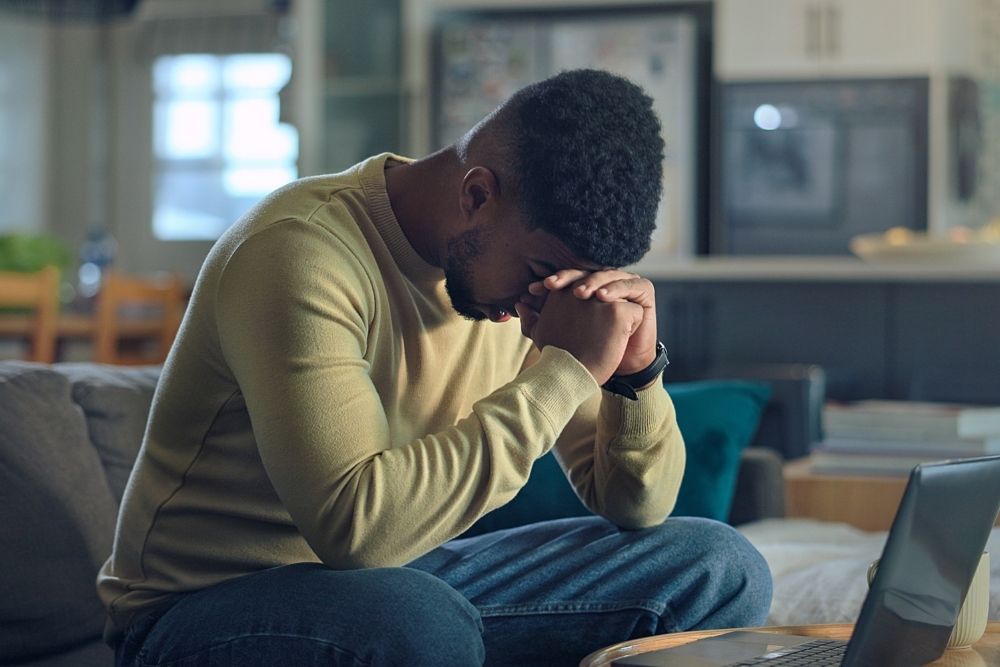When someone you love starts saying things that don’t make sense or insists they’re seeing things you can’t, it can make your heart drop. You might replay every recent moment, wondering if substance use had something to do with it. You just want to understand what’s happening and what to do next. Psychosis can feel like stepping into a storm with no map, but you’re not powerless.
Let’s walk through what psychosis is, how substances can play a role, and where you can turn for help in South Carolina. One step at a time, you can get clarity and a plan that makes treatment feel manageable.
What Is Psychosis?
Psychosis basically means losing touch with reality for a while. It can make you see or hear things others don’t, or believe something that doesn’t quite match what’s happening around you. It can be disorienting, scary, and incredibly real for the person going through it—not to mention the heartbreak and fear you might experience while witnessing a loved one go through it.
Here’s what psychosis can look like:
- Hallucinations. Seeing, hearing, or sensing things that aren’t actually there.
- Delusions. Believing something that doesn’t line up with facts—like feeling watched or followed.
- Disorganized thinking. Words or thoughts come out jumbled or jump from topic to topic.
- Agitation or withdrawal. Feeling on edge or suddenly pulling away from people.
- Flat emotions. Seeming “blank” or emotionally distant.
Here’s the thing: Psychosis can pop up in different mental health conditions—like schizophrenia, bipolar disorder, or major depression. It can also show up after heavy substance use or during withdrawal from substances.
When someone experiences psychosis, care often starts with a full check-up to rule out medical causes. Treatment might include medication, therapy, rest, and support for any underlying substance use. The goal is to help the brain calm down and rebuild a sense of safety and reality.
How Does Substance-Induced Psychosis Happen?
Experts still debate how to understand substance-induced psychosis. Some believe substance use alone doesn’t always explain it—it might overlap with the same risk factors seen in schizophrenia. Others note that many people first diagnosed with substance-induced psychosis later get a schizophrenia-related diagnosis, which shows how important follow-up care really is.
That said, some substances can flip the brain’s chemistry into overdrive—especially the parts tied to reward, threat, and perception. That rush can distort how you think, feel, and interpret what’s real. Imagine staying awake for days on stimulants, your mind racing until you’re convinced you’re being followed.
Or maybe it happens more slowly. Someone starts using more cannabis, sleeping less, eating irregularly, and slowly becoming more suspicious of people they trust. It’s confusing and painful to watch.
Other drugs—like LSD, psilocybin, or ketamine—can create hallucinations during the high. That’s part of their effect. But if those symptoms stick around after the high fades, it could signal a deeper problem. GoodRx explains that symptoms sometimes disappear after detox or withdrawal, but in other cases, they hang on for weeks or months. And when someone starts using again, the symptoms can flare right back up.
How to Tell When Psychosis Is Substance-Induced?
Timing gives big clues. If symptoms start during heavy substance use or soon after stopping, drugs might be the trigger. When symptoms show up out of the blue—with no recent use—it may point toward a primary psychotic disorder. Severe stress may also light the fuse for someone who’s already vulnerable.
Since substance use disorder and mental health conditions can often go hand in hand, it helps to see the bigger picture. This guide to mental health disorders that can accompany substance use disorder shows how common these overlaps can be.
What Substances Cause Psychosis?
Research shows that both street drugs and certain medications can cause psychotic symptoms in some people. Cannabis, amphetamines, methamphetamine, cocaine, and alcohol are common triggers.
Prescription drugs—like opioids, NSAIDs, corticosteroids, or even certain antibiotics—can also cause problems, especially if you recently started or changed them. If marijuana is in the mix, it’s worth checking out Waypoint Recovery Center’s blog on marijuana myths and their piece on how higher THC levels can increase risks.
Get Support For Substance Use Disorder in South Carolina
If you suspect that substance use might be causing psychosis, it might be time to bring in professional support. The sooner you connect with our Waypoint care team, the easier it becomes to stabilize symptoms and create a path forward.
Whether you’re considering outpatient therapy or a short stay in residential treatment, you can explore options through Waypoint Recovery Center’s guide to recovery care in South Carolina. Having the right help nearby can make the difference between crisis and clarity.





